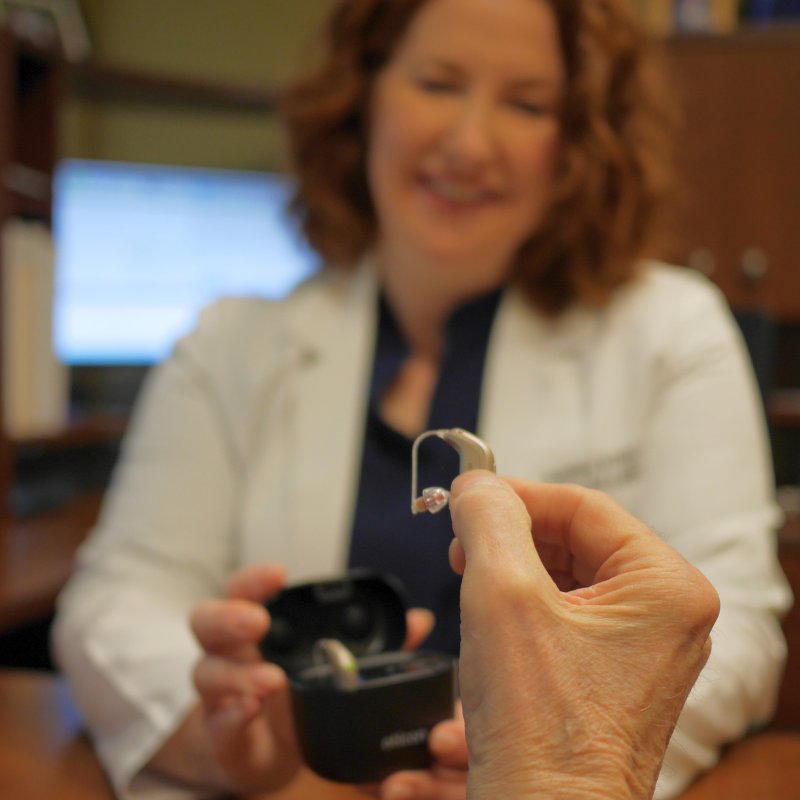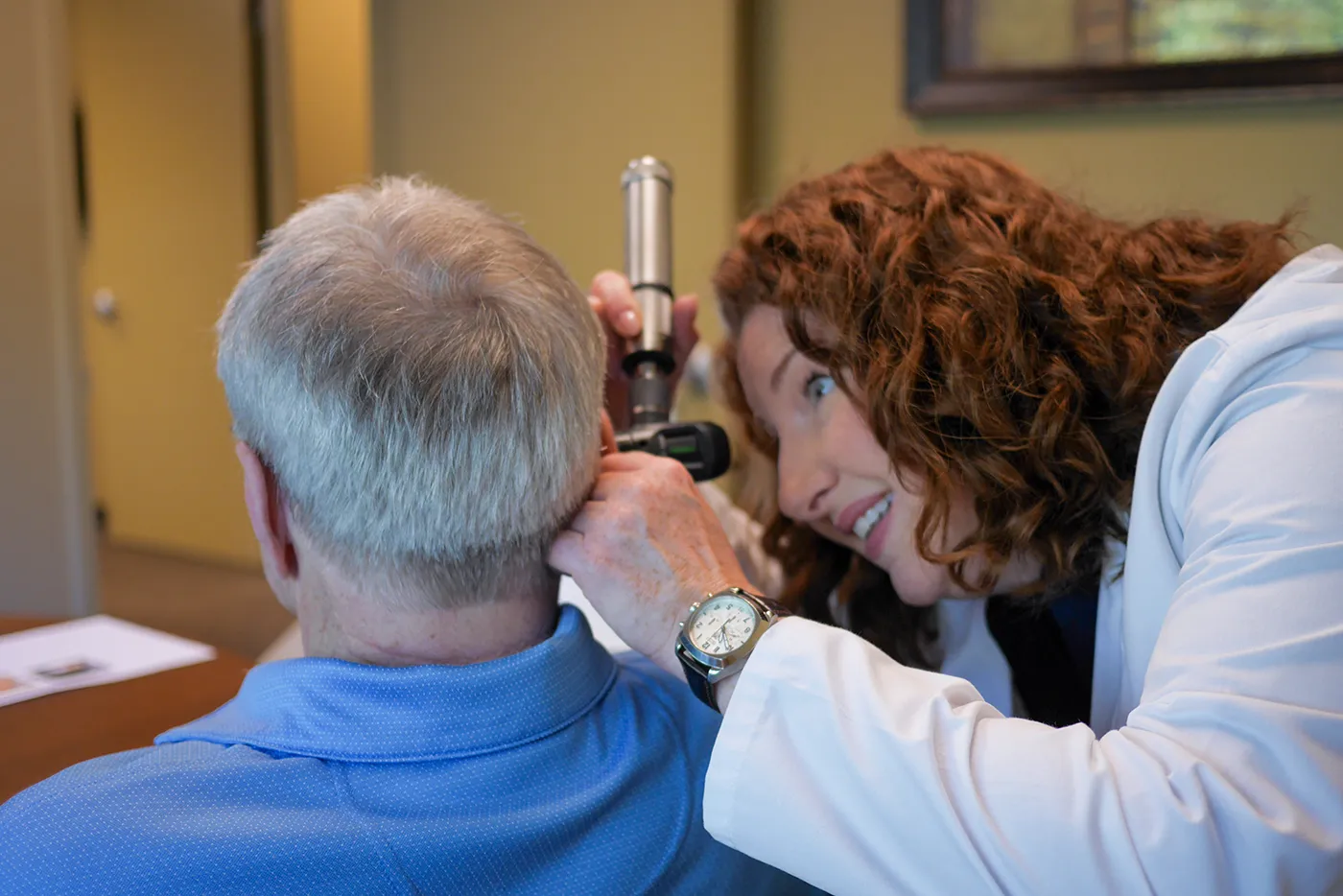Hearing Loss
Hearing loss affects millions of people and can develop gradually or suddenly at any age. Understanding the nature of your hearing loss is the first step toward finding an effective solution that helps you reconnect with the sounds and conversations that matter most in your daily life. Many people wait years before seeking help, but early intervention often leads to better outcomes and easier adjustment to hearing aids. Our comprehensive diagnostic evaluations help identify not just whether you have hearing loss, but exactly how it impacts your ability to communicate in real-world situations.


Causes of Hearing Loss
Hearing loss can result from various factors including aging, noise exposure, genetics, certain medications, ear infections, or injury to the ear. Some causes are preventable while others are part of natural aging or medical conditions that affect the auditory system. Regular hearing evaluations help track changes over time and identify potential issues before they significantly impact your quality of life. Knowing the cause of your hearing loss helps us determine the most appropriate treatment options and whether medical intervention might be beneficial.
Types of Hearing Loss
There are three main types of hearing loss, each affecting different parts of the auditory system and requiring unique treatment approaches. Our diagnostic hearing evaluation can precisely identify which type you have, helping us create a personalized treatment plan.
Schedule a Hearing ConsultationOccurs when sound cannot efficiently travel through the outer ear canal to the eardrum and middle ear bones, often caused by earwax buildup, fluid, or structural abnormalities.
Results from damage to the inner ear (cochlea) or auditory nerve pathways, typically permanent and best managed with properly programmed hearing aids fitted by an audiologist.
Combines elements of both conductive and sensorineural hearing loss, requiring comprehensive evaluation to determine the best treatment approach for each component.
Untreated hearing loss impacts far more than just your ability to hear. Research shows that addressing hearing loss early can help maintain your overall health, relationships, and quality of life.
Social Isolation and Relationship Strain
When following conversations becomes difficult, many people begin withdrawing from social gatherings, family events, and activities they once enjoyed. This withdrawal can strain relationships with loved ones who may misinterpret the behavior as disinterest or personality changes rather than recognizing the underlying hearing difficulty.
Cognitive Decline and Memory Issues
Studies have linked untreated hearing loss to accelerated cognitive decline and increased risk of dementia. When your brain works harder to process sounds and fill in missing pieces of conversation, it has less energy available for memory and thinking tasks, potentially contributing to faster mental decline over time.
Increased Risk of Falls and Safety Concerns
Hearing plays a crucial role in spatial awareness and balance. People with untreated hearing loss have a higher risk of falls and may miss important warning sounds like smoke alarms, approaching vehicles, or someone calling for help, creating potential safety hazards in daily life.
Professional and Financial Impact
Untreated hearing loss can affect job performance, limit career advancement opportunities, and lead to misunderstandings in professional settings. Studies indicate that people with untreated hearing loss may earn significantly less over their lifetime compared to those who address their hearing challenges with appropriate technology and support.

Treating Hearing Loss
Modern hearing care offers effective solutions for most types of hearing loss. Our audiologists work with you to find the right approach based on your specific needs, lifestyle, and hearing profile.
- Hearing Aids - Advanced digital devices from leading manufacturers like Oticon, Phonak, Signia, Widex, and Starkey, precisely programmed using real-ear measurements
- Assistive Listening Devices - Specialized equipment for specific situations like TV listening or phone conversations
- Communication Strategies - Techniques to improve understanding in challenging listening environments
- Medical Referrals - When appropriate for conditions requiring surgical or medical intervention
- Auditory Training Programs - Including Lace AI Pro to strengthen your brain's ability to process sound


